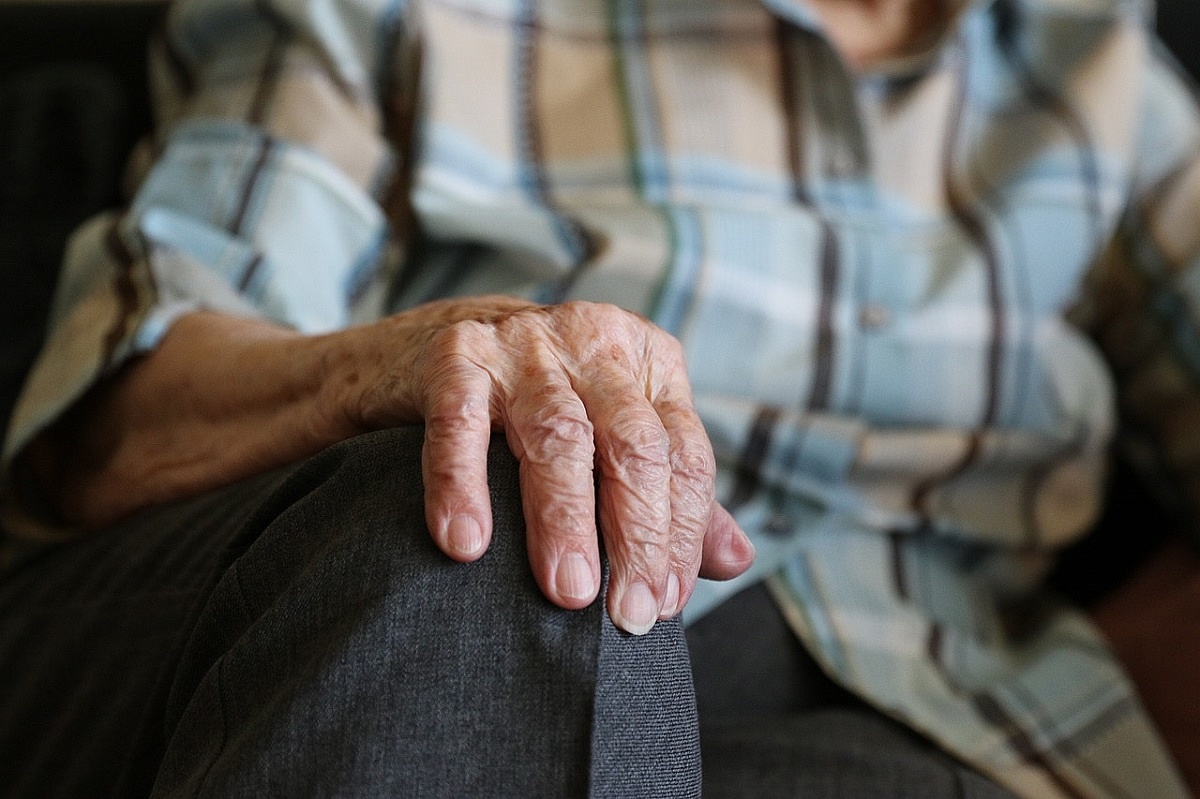Corvinus’ survey has proven to be a moot point. After our article was published, the retired Speaker of Parliament, Mihaly Karacsony, contacted us to explain the results of the Hungarian analysis covering 25 countries.
Isn’t it easy to live on Hungarian pensions?
One of the most interesting parts of Corvinus’ survey is that it categorized the countries under investigation into three distinct categories:
- In the “conscious” group – mainly in the countries of Northern and Western Europe, for example in the Belgian, Czech, Finnish and German communities – citizens plan in advance and actively use a variety of financial products to invest in the future, and their country is in good economic condition, but the pension system is not generous, Many people work during their retirement
- In the “livable” group, where Hungary also ranked – the economic situation is average, the expected poverty in old age is relatively low, but the relatively generous pension system discourages people from particularly taking care of themselves. This also includes Austria, France, the Mediterranean countries, Slovakia and Slovenia,
- In the group classified as “poor” – in the Baltics, as well as in Croatia, Poland and Romania – there are many poor elderly people who are forced to work to support themselves, because pension benefits are scarce, they live below average, they are less financially aware, and economical Their country is at a disadvantage.
Corvinus’ study classified Hungary in the “livable” category.
Where they don’t rely solely on pension benefits, there are fewer elderly poor. Read more >>>
According to the other important and at the same time ominous conclusion, the state pension alone does not protect against poverty in old age anywhere in Europe.
But when is a pensioner considered poor?
The research measured poverty risk using data from the European AROPE index, which indicates when per capita income does not reach 60 percent of the average income for the entire population.
Accordingly:
- People over 65 are most at risk in the Baltics, where a quarter of the age group belongs to this group, and about 37 percent of people over 75, particularly the case of elderly women there;
- On average in the countries of Eastern and Western Europe this proportion is 10 and 12-13 per cent respectively, while in the more favored Scandinavian countries it is only a few percent;
- In Hungary, AROPE shows a favorable value, 5.9 percent for those aged 65 to 75, while almost uniquely for those over 75, it is even lower, 4.3 percent.
Mihaly Karacsoni, the retired National Assembly Speaker of Parliament, came to a different conclusion than the researcher in Corvinus’ survey.
According to data from the advocacy organization, the average pension was 184,725 HUF in January 2023, and 185,675 HUF in May. Accordingly, the poverty threshold for pensioners – Thus, 60 percent of the average pension is about HUF 111,000.
This amount is significant because in 2023 the number of people who received private pensions under HUF 119,999 totaled 423,301 people (151,896 men and 271,405 women), so according to the Pensioners’ Parliament it can be concluded that
21% of retirees live below the poverty line.
In May this year, 1.984 million Hungarian citizens received old-age pensions.
According to Mihaly Karacsoni, the difference between the poverty threshold of 21 percent published by her and the poverty threshold of 5.9 percent published by Corvinus “requires comment”.
He also denied that the difference between the sexes was unimportant. According to Corvinus research, the risk of poverty among women over 65 is only 0.7 percentage points higher than that of men. Based on data from the Pensioners’ Parliament, the percentage of retired women living below the poverty line is 44 percent higher than that of men.
A third of Hungarian men do not even reach retirement age
Mihaly Karacsony also declared:
- In Hungary, the number of years spent in health is 61.6 years for men and 63.5 years for women (the EU average is 63.5 years and 64.5 years);
- In Hungary, 37.8 percent of men and 16.5 percent of women do not reach retirement age.
This is also confirmed by the nyugdijguru.hu account. On average in the European Union, at age 65 – including the decline due to the pandemic – life expectancy for men is 17.3 years, and for women it is 20.9 years. In Hungary, on the other hand, at the age of 65, the life expectancy of men is only 13.2 years, and that of women is 17.3 years.
Thus, a Hungarian man retires on average 13-14 years old and a Hungarian woman 20-21 years old.
Should the retirement age be raised in Hungary?
Should we live longer as an active participant or retired? Read more >>>











































